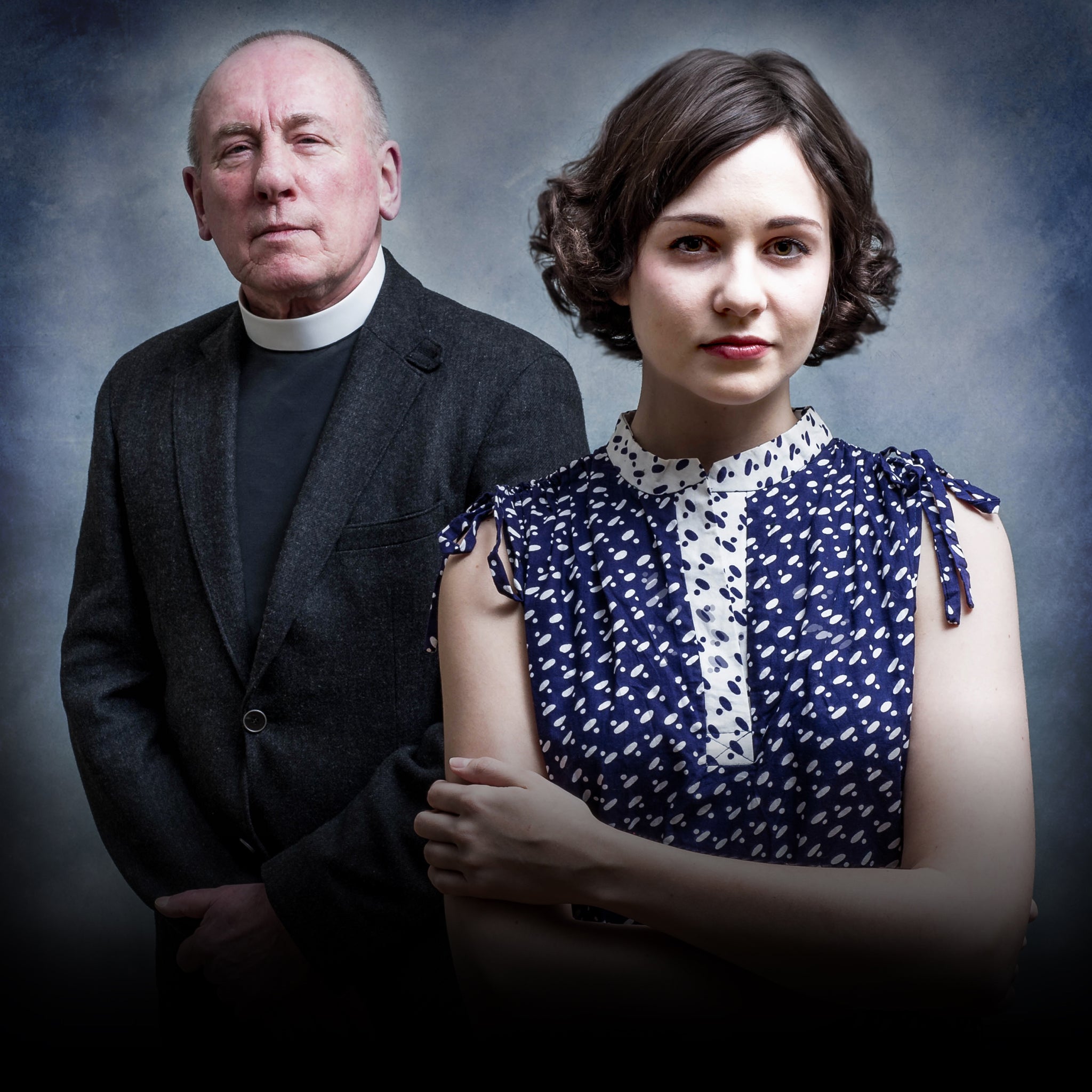
In the imaginative world of Graham Greene, “Leaving the miraculous out of life is rather like leaving out the lavatory or dreams or breakfast,” wrote Kenneth Tynan in a 1953 profile of the author.
Like T S Eliot, who also moonlighted on the West End stage, Greene wanted to use theatre to see existence not just in terms of psychology (with its emphasis on neurosis and cure) but from the perspective of eternity – in Greene's case, a Roman Catholic one (with its emphasis on sin and damnation/redemption).
But it was easier for him to achieve a properly creative entanglement between these different schemes of value in his novels than it was within the narrow stage conventions of the 1950s, as is egregiously demonstrated now by Tom Littler's valiant attempt to reclaim The Living Room, a work that has not had in a major revival since the year of Tynan's profile.
Two doddery old sisters and their wheelchair-bound RC priest brother lead an increasingly confined life because of the family policy of locking any room where there has been a death. The eponymous chamber is the top-floor night nursery. There's potential for an Ealing Comedy here, but instead Greene gives us a stiff-jointed, creaky – and more than faintly rigged - debate between humanism and Catholicism.
Tuppence Middleton makes a striking impression as Rose, the young girl driven to despair when her affair with the middle-aged executor of her mother's will is discovered and condemned by her cranky great aunts (movingly played by Caroline Blakiston and Diane Fletcher) and by a showdown with his stricken wife (a very believable Emma Davis).
Rose's suicide feels like a melodramatic convenience not the culmination of the conflicted forces that Greene has stagily and crudely unleashed. It's there to a contorted post-mortem discussion about the cosmic significance of what has happened that comes over as rebarbatively abstract and inhuman.
You'd never believe that she had ever (let alone so recently) been a lovely, flesh-and-blood creature with her life in front of her. As the wheelchair priest, Christopher Timothy does his best with lines that are sometimes unspeakable in more ways than one. The lover (a puffy Christopher Villiers) has to mouth clunkers such as “It's a funny thing. I'm supposed to be a psychologist and I've ruined two people's minds”.
To see The Living Room once is to feel that one has halved one's time in purgatory; to see it twice would likely wipe the debt clean.
To March 30; 020 7287 2875
Subscribe to Independent Premium to bookmark this article
Want to bookmark your favourite articles and stories to read or reference later? Start your Independent Premium subscription today.

Join our commenting forum
Join thought-provoking conversations, follow other Independent readers and see their replies